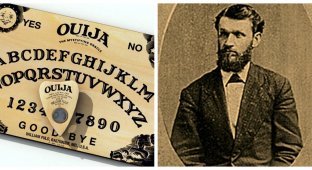Literature is a profitable activity only when the author, if not a genius, is at least very talented and can attract the interest and attention of readers. 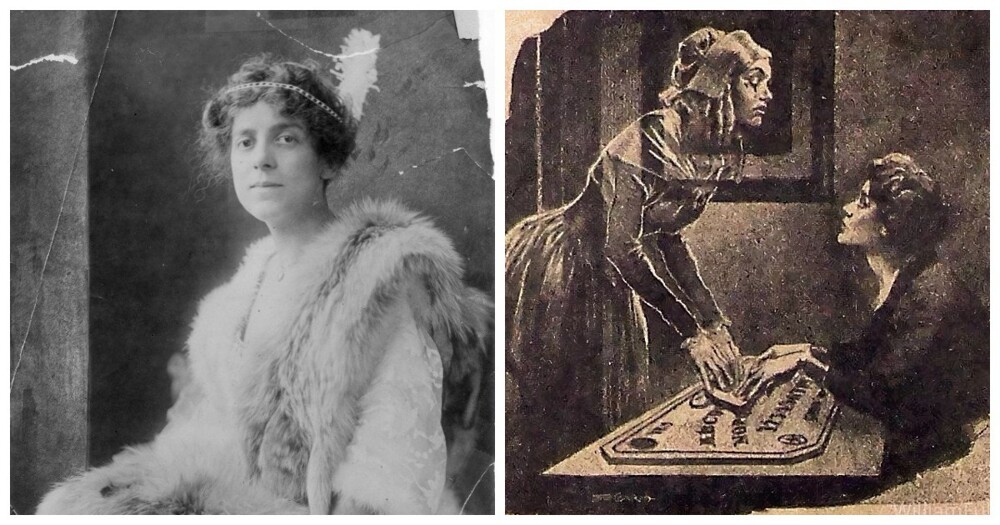
It would be great to do nothing, but just receive a fee and bask in the glory... And let the literary slave write books. Preferably invisible and silent, who does not need food, sleep, or air. 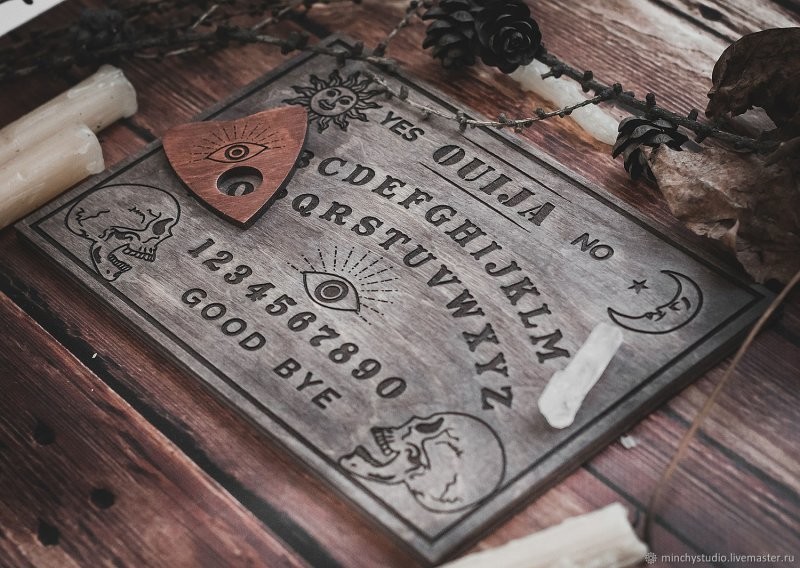
The beginning of the 20th century was marked by a surge in the popularity of spiritualism and all the romantic flair that surrounds this trend, and its attributes such as mediums, psychics and fortune telling. 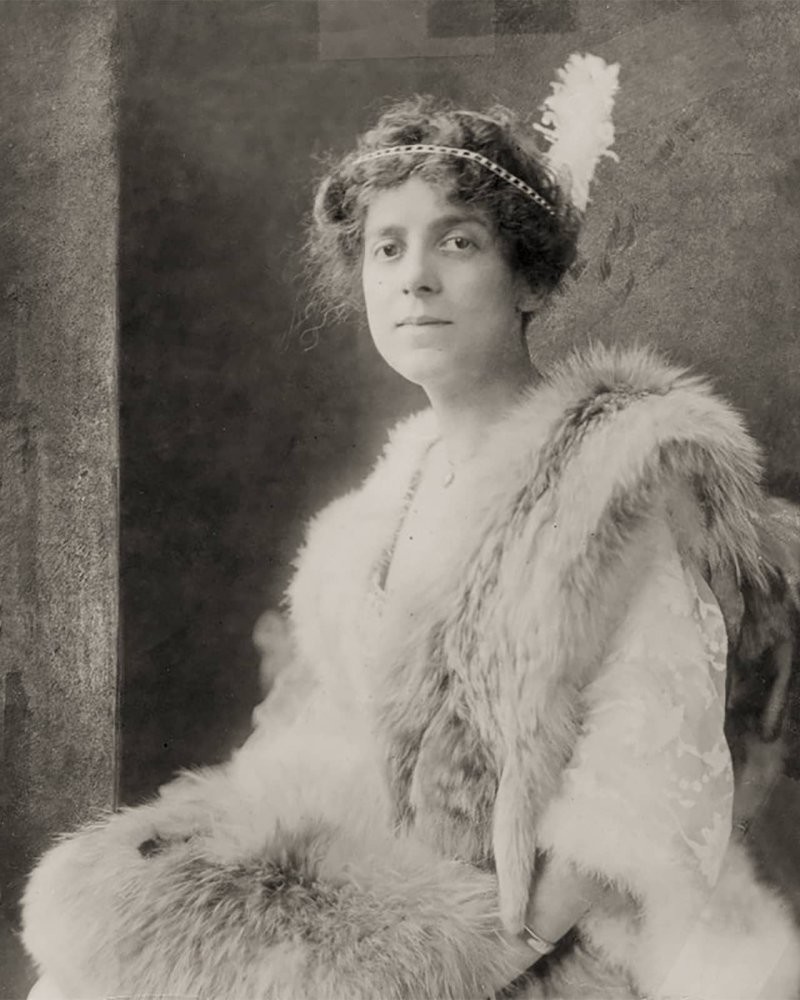
Pearl Curran
In the summer of 1913, in a small house in St. Louis, two women stood facing each other, holding a Ouija board on their knees. One of the women, Pearl Curran, suggested stopping the class because all the information they were getting from the board was complete nonsense and made no sense. But suddenly the pointer seemed to come to life and quickly wrote something completely special:
Many moons ago I lived. I'm coming again. Patience is worth my name. Wait! I want to talk to you! If you live, then I will live. I earn my bread at your hearth. Good friends, let's have fun. The time for work has come. 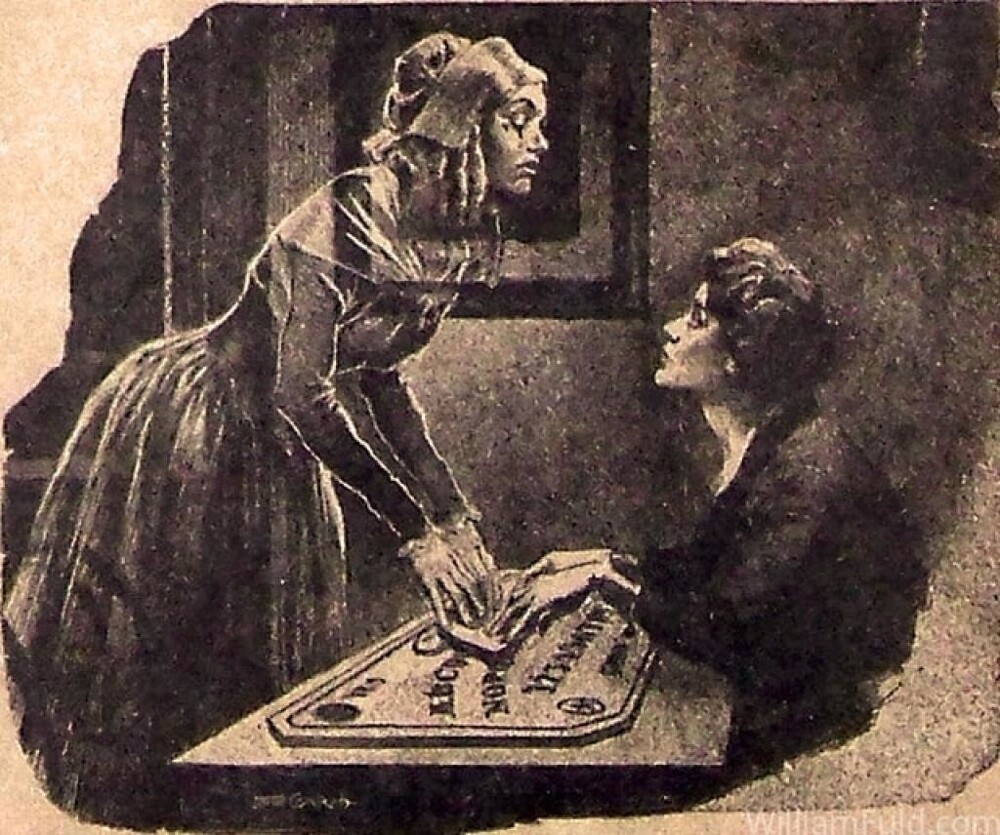
This appeal was the beginning of a long and strange story. Over the course of nearly a quarter of a century, one Patience Worth, who introduced herself as a 17th-century English woman who died at the hands of Indians at the age of 45, dictated more than 3,000,000 words of religious and secular poetry, novels, conversations and plays to Pearl Curran. The works, judging by the analysis, were written mainly in the language of England of the 17th century - rich, pure, elegant, with a slight splash of Old French.
The media reported the strange story, and skeptics and believers from all over the country sat with Pearl as Patience wrote. No one could prove fraud because:
Pearl left school at the age of 14 and, accordingly, showed no talent in literature.
Pearl had little understanding of the technical aspects of the language used by the ghostly Patience and its archaic vocabulary.
Pearl never showed any aptitude for writing or creativity.
Pearl had limited experience, to put it mildly, of reading Shakespeare, the King James Bible, or any other book in 17th-century English. 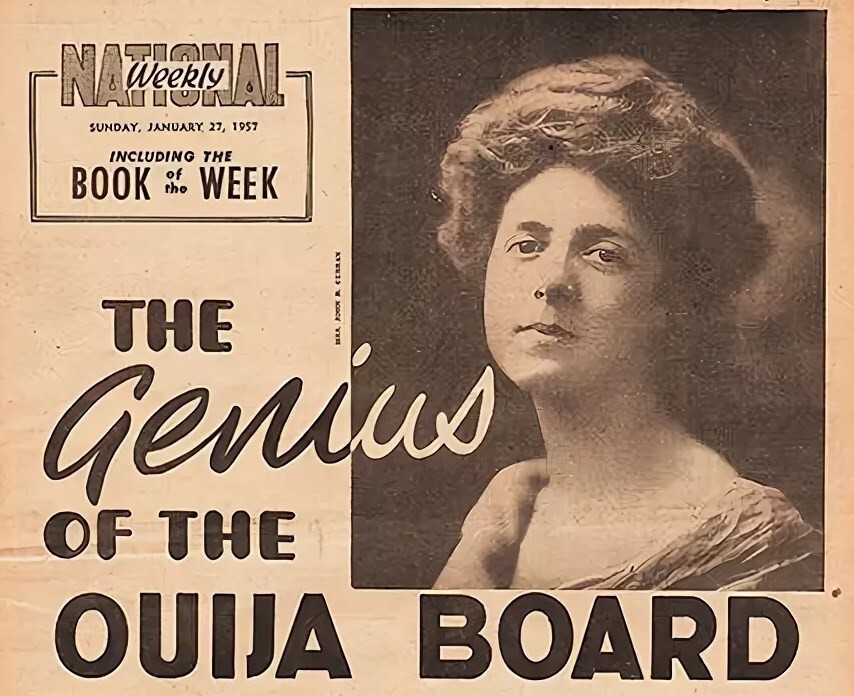
In a word, a woman was only a kind of instrument and lived an ordinary life - she got married, gave birth to children, and took care of the house.
While observers tried to find an explanation for these texts, no one questioned the quality of the literature itself. The New York Times called Patience's A Tale of Regret a remarkable, beautiful and noble book. The Review of Reviews declared the novel to be both beautiful and powerful.
Moreover, all works were published under the name Patience Worth, who became something of a ghostly classic. Pearl did not even receive royalties, since she did not try to prove that she was the author of the works. Only some symbolic minuscule.
Time passed, but the flow of Patience's writings continued unabated.
One of the strangest incidents in an already strange story occurred when Patience advised her living friend to adopt a girl. Although it was legally the child of Curran and her husband, Patience said she would consider the baby her own child. The girl was named Patience Worth Curran. 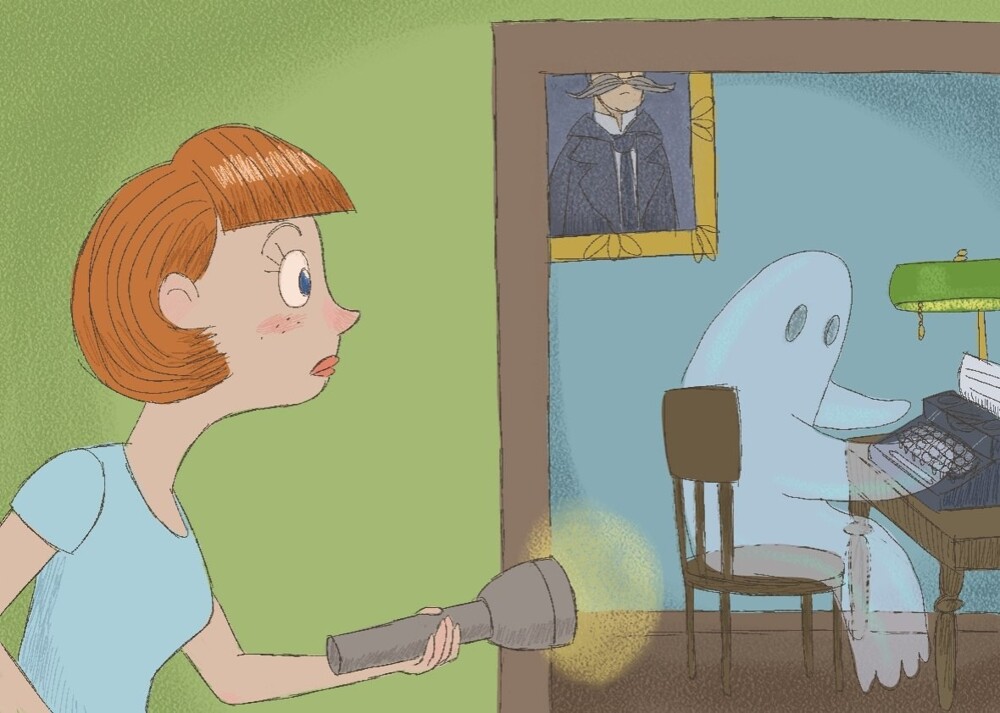
Everything has its end. Patience Worth's fifteen minutes of fame have also come to a logical conclusion. In addition, interest in spiritualism began to fade. The last novels and poems remained unpublished, although Patience did not stop and continued to dictate works at the same pace.
Pearl continued to have séances with Patience Worth until her death (which Patience predicted during the séance) in December 1937.
This case remains an unsolved mystery to this day. Was Patience a ghost? An alternate personality of Pearl Curran who suffered from some unknown mental illness? Memory of a past life? Or something else? In short, the mystery of Patience Worth is a mystery that is attractive because everyone can try to solve it on their own.
Add your comment
You might be interested in:












